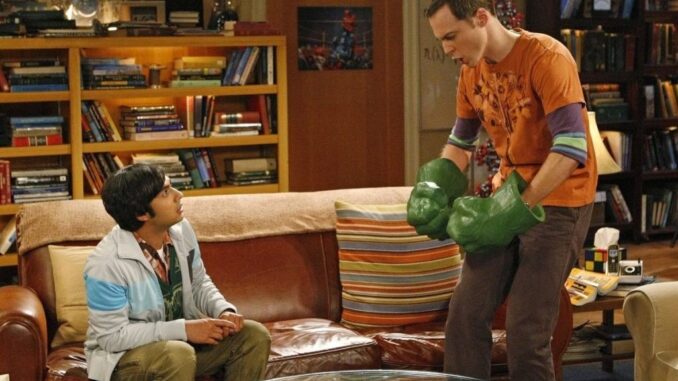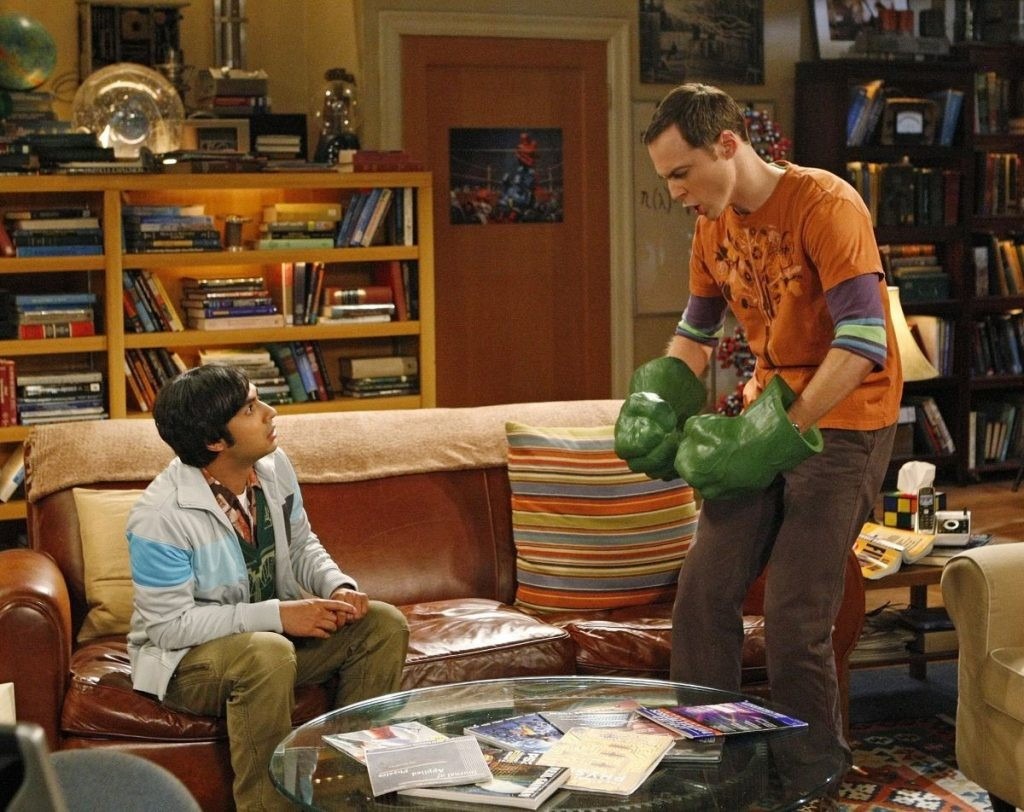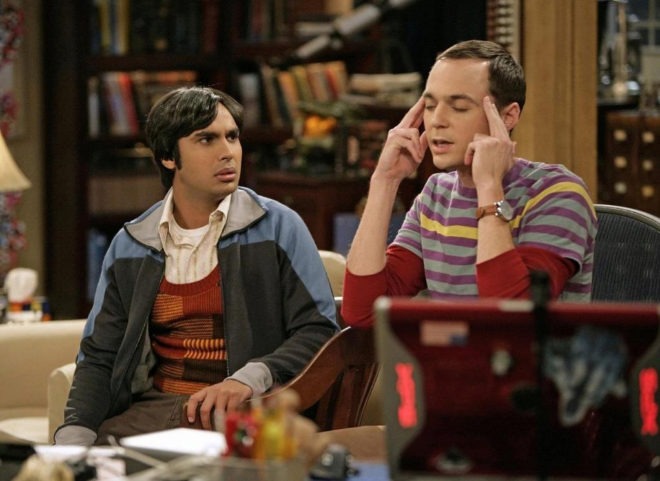
Playing Sheldon Cooper is not a simple task, as proven by Jim Parsons’ difficulties to recall his lines.
SUMMARY
– Jim Parsons played Sheldon Cooper with ease on The Big Bang Theory, but the actor faced his fair share of challenges.
– In a previous video, Parsons discusses the problems he encountered while portraying the character and how he overcame them.
– Further, after his stint in The Big Bang Theory the actor portrayed his role again in Young Sheldon’s finale.
Many people fondly remember Sheldon Cooper with his iconic Bazinga! and a photographic memory. But more than that, people appreciate Jim Parsons for his amazing portrayal of the character. The admiration is evident given that even after five years of the show’s conclusion, the fanatics are still talking about Sheldon Cooper and The Big Bang Theory.
Further, just playing the role was not easy given the several science jargons the character used throughout the show. So, in order to play the character to its core, Jim Parsons had to properly train his memory, which further solidified his four Emmy awards.
Jim Parsons had a unique method of preparing his dialogues for Sheldon Cooper

Anyone who has watched The Big Bang Theory is probably well aware of how talented Sheldon Cooper was on the program. However, the man behind the persona, Jim Parsons, had to deal with numerous problems and complications in order to portray a Ph.D. and Doctor of Science with a high IQ on a weekly basis.
Many of the character’s dialogues had to be punctuated with sophisticated scientific terminology. Further, he also tossed out extended paragraphs and opinions on a range of physics and science-related issues. While this would be difficult even for a person listening to it, imagine the pain Parsons must have felt while remembering them.
In a past interview with Mayim Bialik, he reminisced about how he used to prepare “magic notecards” to help prepare for the role. He added.
During the week I start, I probably have them on me, I do, I make my flashcards. This is Act 1 Scene a, and then there’s my first cue line, it’s from Leonard, there’s the l, it says ‘OK, see you later.’ And then on the back is my line. And I pace around my house and I do drill them like some sort of ballet dancer learning moves. Largely because I don’t understand a lot of what I’m talking about.
While this sounds like a lot of labor, it is not the full procedure that the actor goes through. He went on to say that he takes “one scene at a time” and will sometimes type down the full script to ensure that he is pronouncing the words and phrases correctly.
While Parsons left The Big Bang Theory, he did not completely abandon the role of Sheldon Cooper, as evidenced by his participation in the Young Sheldon finale.
Jim Parsons cameo altered the storyline of Young Sheldon

While Jim Parsons bid farewell to his role as Sheldon Cooper, he along with Mayim Bialik made a memorable appearance in the finale of The Big Bang Theory spin-off, Young Sheldon. Nonetheless, sitcom fans were in for a treat given they last saw the two in the show’s final episode, dubbed The Stockholm Syndrome, which aired on May 16, 2019. Surprisingly, their appearance in the spin-off alters many of the facts that the audience was previously aware of.
Young Sheldon follows the younger plotline of Parsons’s character Sheldon, played by child actor Iain Armitage. Interestingly, Jim Parsons serves as the show’s narrator without actually appearing on the screen. After the duo appeared in the series finale, it was revealed that the events of Young Sheldon were part of a memoir written by Sheldon Cooper.
As soon as the episode aired, viewers realized that this revelation changed the interpretation of earlier episodes, explaining various plots and narrative holes in The Big Bang Theory. Furthermore, the second half of the finale featured Sheldon and Amy’s two children, who appear to have moved away from their parents’ STEM background and are following their own interests, like hockey and acting.
Showrunner Steve Holland spoke with People about the effort it took to get Parsons and Bialik to reprise their legendary roles. According to Holland, the performers were initially hesitant to return to their characters due to uncertainty about their ability to develop a rhythm. However, after witnessing them perform so easily on screen, it was a joyous moment.
